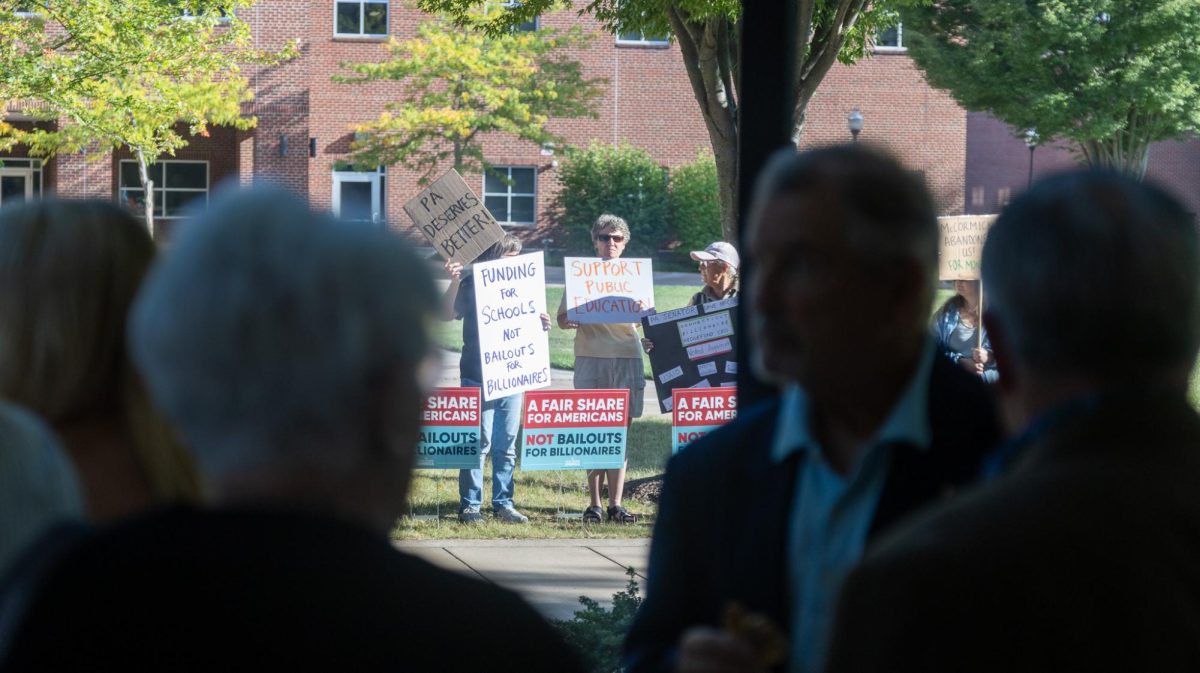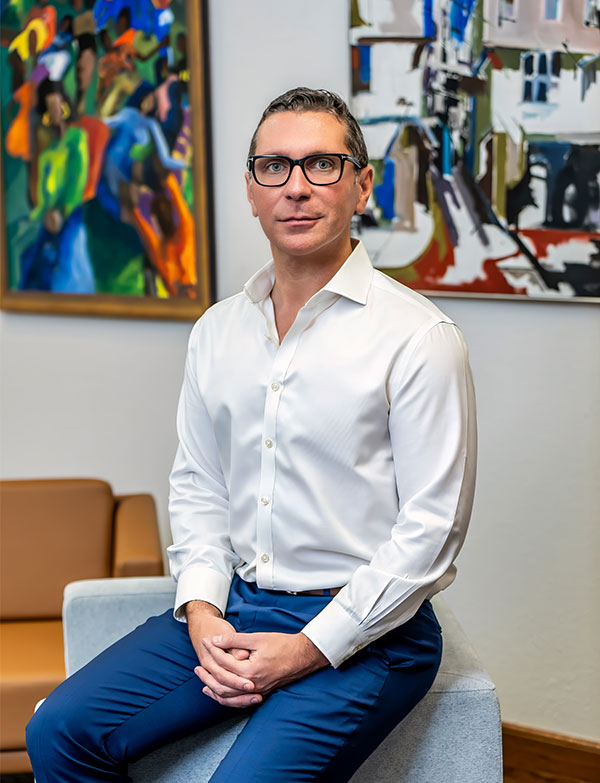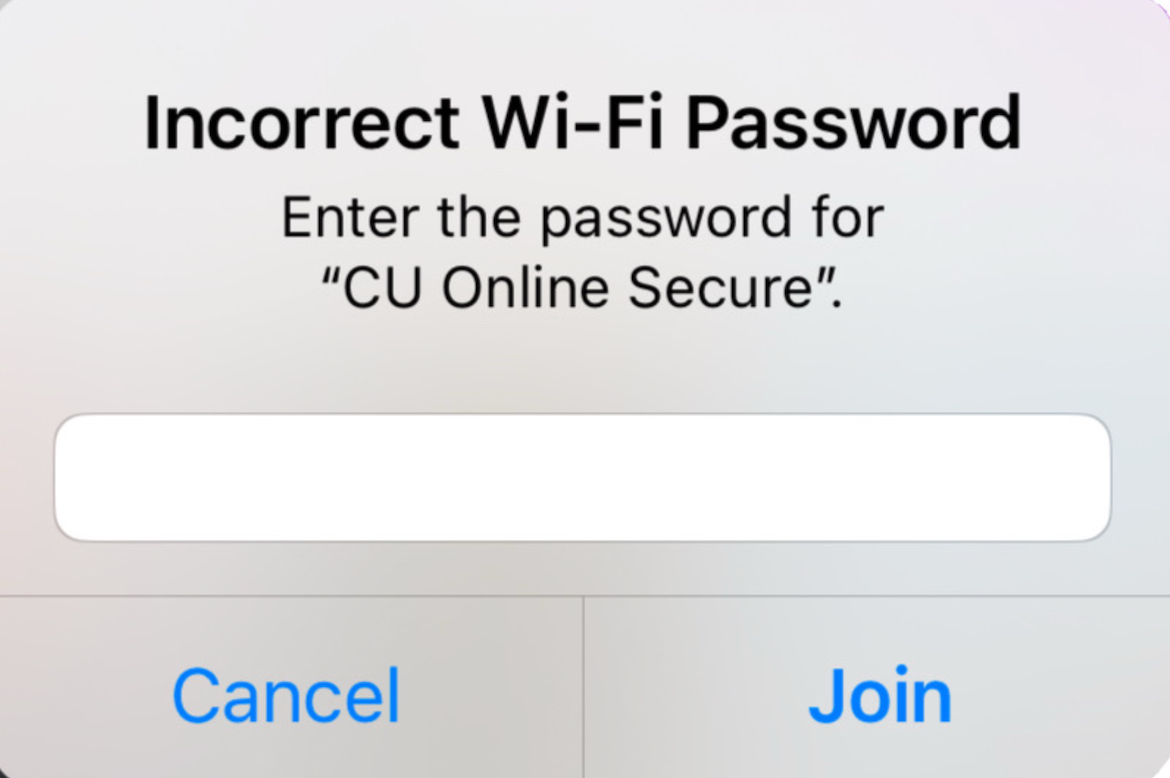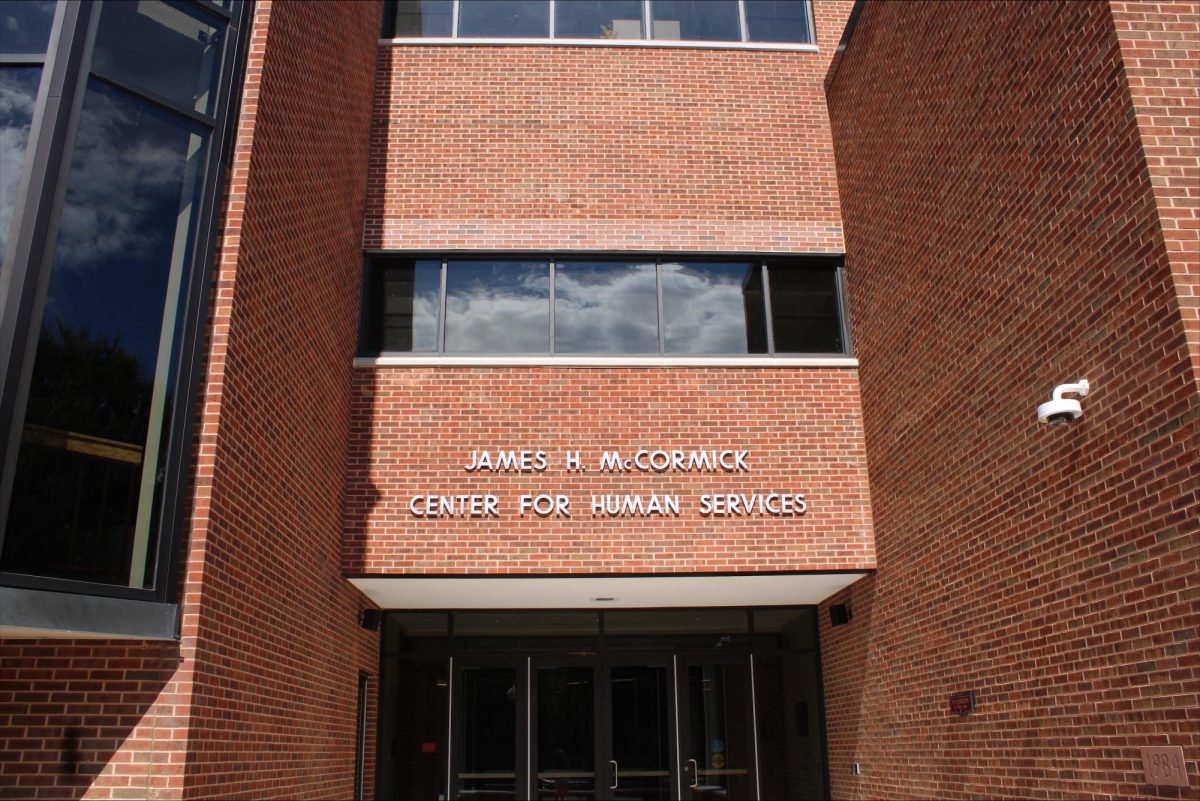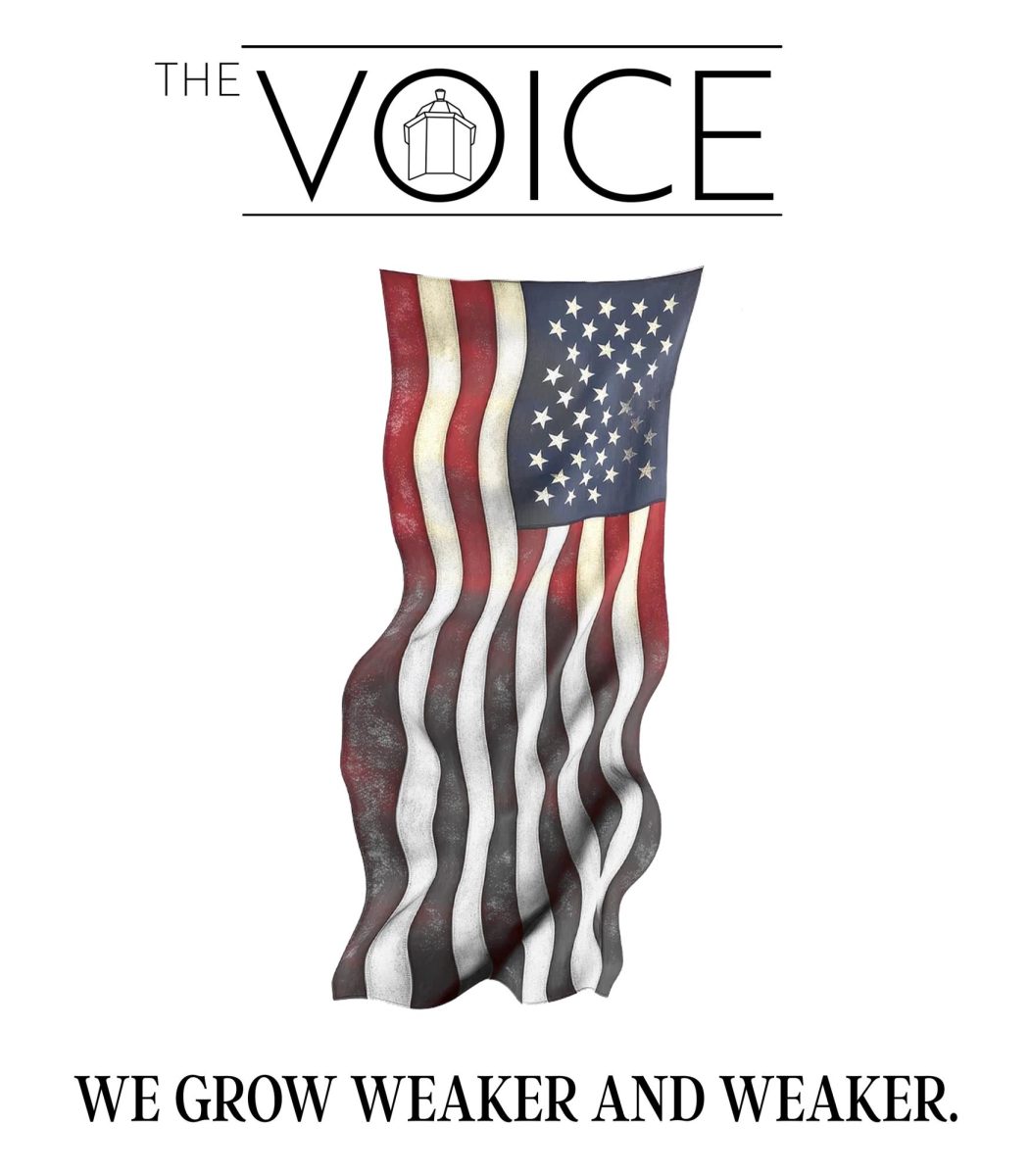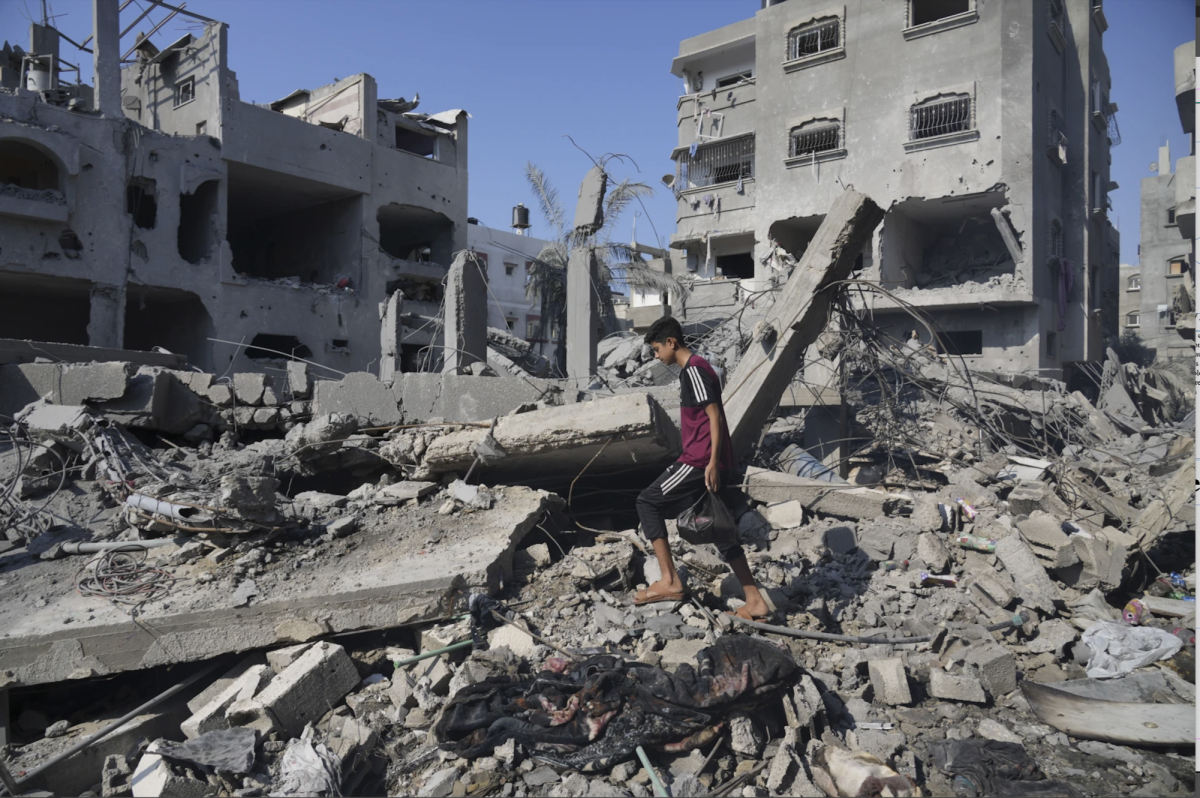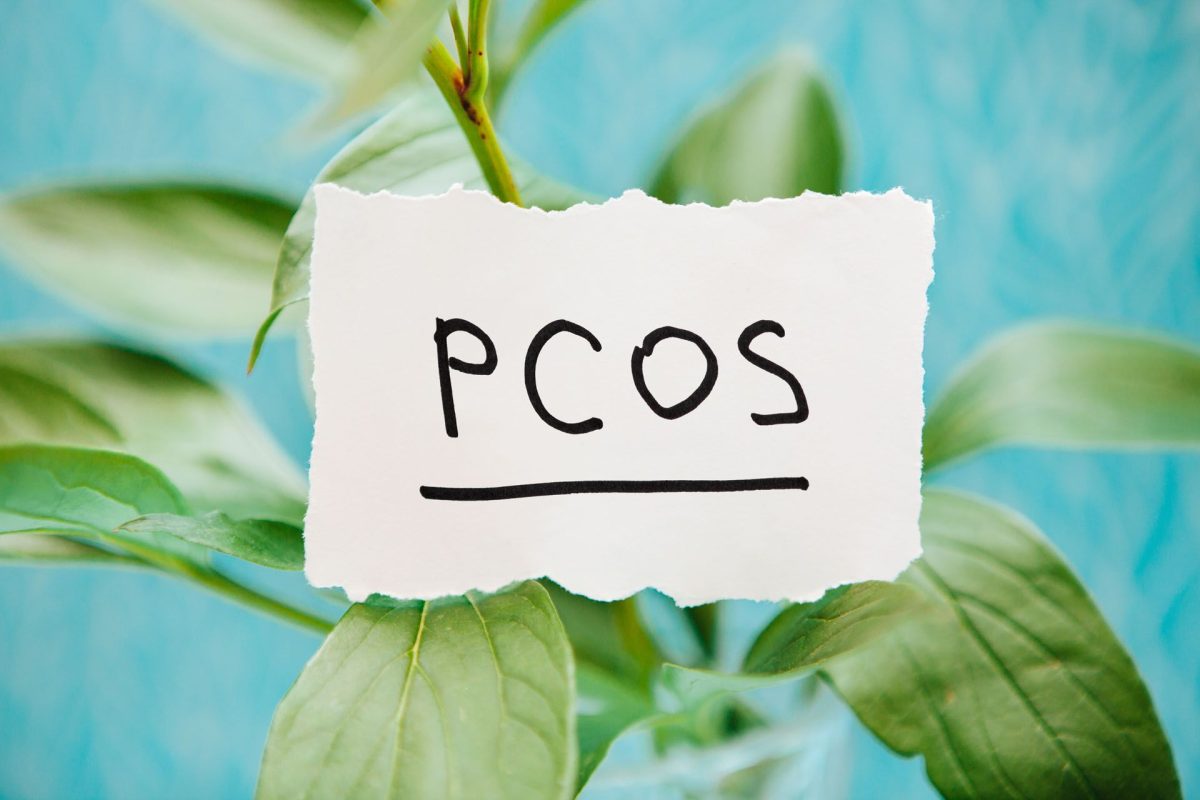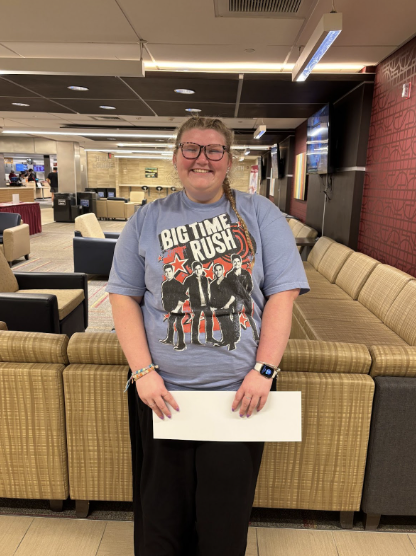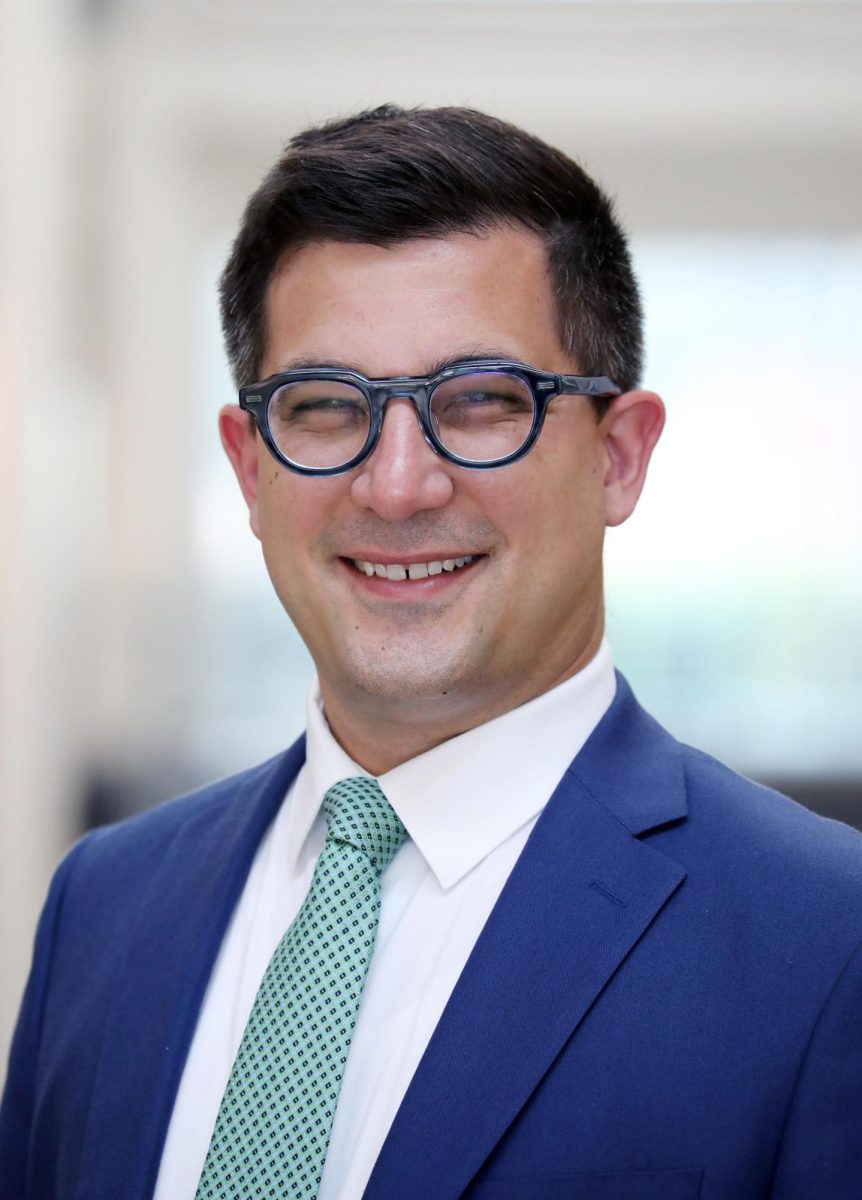On Monday April 2, there was a panel held in the student service center about women’s role in revolution. It was a part of the ICE Bloomsburg Explores Revolutions Symposium.
Six students spoke, representing countries where revolutions had occurred. They shared their experiences in women’s activism from the perspective of their specific country.
The panelist included Facia Sirleaf, Krista Hayes, Monica Abdalmessih, Amy Bitar, Maha Homad and Nour Haj Mabrouk. Dr. Kai Kaung, a communication’s professor at the university, was the moderator of this student panel discussion.
The first question that was asked by Dr. Kai Kuang was, “Why do you consider this topic important about women’s revolution?”
One of the panelists responded, “I think it’s important to discuss this because women are getting more politically involved and active.
It is an important topic to have because it is important to spread awareness.”
The audience was asked the same question and a volunteer from the audience answered with, “I feel like women are very unrepresented in the society and what they have done.”
The next question that was asked was, “What role do you see women appear in revolutions?” A panelist replied with, “Women have taken a more active role than what we have seen in the past in the United States.”
Another panelist commented about the fear that women have from standing up for what they believe in. The panelist stated, “Women are getting harassed going to Me Too movements, and they are being followed, getting death threats. Violence plays a huge role in giving them fear. It is a rational fear because we see examples of this happening.”
Following this statement, a member of the panel added, “There is a lot of back lash because there is equality under the law, but that does not mean equal treatment.”
The final question that was asked was, “What is your definition of revolution and what can everyone do to participate? What does it mean to you?”
The first response was, “Any act that creates change. Someone who identifies as a woman, I think the most identifiable act is living the life the way you want to live it. Live it how you want to live it. A revolution is something that does not have to be intentional, it can be unintentional, it just has to create change.”
The next response was, “Having the strength to go up against the norm. If we can just come together as one, we will be able to make change.”
Following this response, a panelist said, “Revolution is change. It starts with even a small act that you don’t expect to be huge.”
The final response to this question was, “Revolution means to break your own fear, it starts personally.”
Dr. Kai Kuang also gave her definition of what she thinks revolution is. She said, “I think my definition of revolution would be anything we do collectively to bring productive social change in our society. To me, it means that we see ourselves as agents of social change – we would actively participate or even initiate individual-, community-, and eventually society-level changes.”
During the final portion of the panel discussion there was time for questions and comments from the audience. A member in the audience commented how great it is to see younger people in the panel and watch them fight for revolution.
Dr. Kai Kuang responded, “It is encouraging to see more youth participating in revolution. You can start at an earlier age to take action in things early on.”
Dr. La Valley, another communications professor at the university, was in the audience, and she entered into the discussion by saying, “The march in Washington was primarily organized by students. We are starting to see our country revolutions started by young people”.

